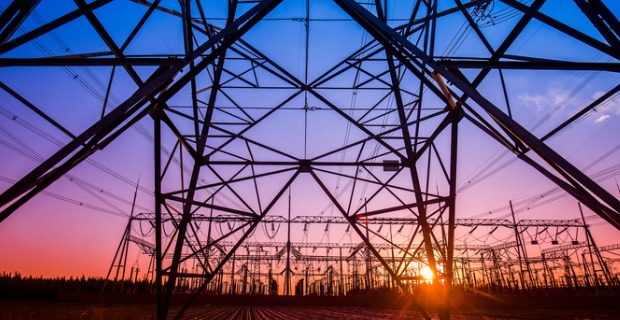Australia’s runaway energy market prices are not sustainable and customers are looking to solar PV and battery storage to cut power bills. That’s according to the inaugural annual report from the newly-appointed Energy Security Board (ESB).
The Board calls on federal, state and territory governments to push through the National Energy Guarantee to fix the National Electricity Market (NEM).
The Finkel Review recommended the ESB be established to oversee the reforms needed to get the back on track. According to the Board, the NEM problems are due to:
- a power system where reliability risks are increasing;
- electricity bills are not affordable; and
- future carbon emissions policy is uncertain.
Energy Security Board: Power prices on the rise
The report acknowledges that retail electricity prices have increased by about 80-90 per cent in real terms since 2007-08.

Most of the increase was due to higher network costs between 2008 and 2013. Prices then remained stable until 2016, but then increased again mainly due to wholesale cost rises.
Price rises of this magnitude are a major concern for households. In 2016 about 37 per cent of customers reported ‘bill shock’. Residential electricity bill increases since 2016 have exacerbated the problem. Low income households have been especially affected, according to the report.
Business feeling the energy price hikes
Business customers use about 60 per cent of the volume of electricity produced, and they have not been spared from the price increases either. In the last two years electricity costs have doubled, or in some cases trebled for business customers.
The rapid nature of the increase, and its magnitude, has made business internationally less competitive. Customers trying to find better retail offers have faced difficulties.
“If you try to compare your retail offer against others, it is difficult to identify exactly what offer you are on,” the report says. “If you have a benefit it is difficult to know what that benefit or discount is based on.”
Solar power to the rescue
Partly driven by power bill increases, there has been an uptake in solar PV generation and also, in some cases, battery storage.
About 20 per cent of households have solar PV. A further 18 per cent are likely to take up solar PV in the next two years. Solar technology is likely to be joined in the near future with more batteries, smart meters and energy management systems.
On the large-scale level about 240 MW of solar generation and 1,600 MW of wind generation was added to the NEM in the last five years.
The Board will continue to pressure the government and regulators to find a way to a more equitable and secure electricity market.












































